This Type of Cooking Oil Can Add Years to Your Life, According to Researchers
For some folks, butter is their go-to cooking fat. Indeed, cooking with butter adds loads of umami to food. And while healthy eating experts say there's nothing wrong with cooking with all the different butter types from time to time (in fact, butter is considered healthy when consumed in moderation), there are other healthy cooking fats you can (and should) consider adding to your repertoire. In fact, one of our favorite anti-inflammatory cooking oils is olive oil, and according to a new study published in the Journal of the American College of Cardiology, trading butter for olive oil can potentially add years to your life1. Ahead we delve into the butter vs. olive oil debate, and why olive oil can be more beneficial for overall health when it comes to the two.
- Jessica Titchenal, DCN, MS, CNS, CN, doctor of clinical nutrition and certified nutrition specialist practitioner
- Melissa Rifkin, MS, RD, New York-based registered dietitian
Which is healthier butter or oil?
According to the study, researchers found that people who consumed more than half a tablespoon of olive oil a day were less likely to die from heart disease (the number one leading cause of death in the U.S.), cancer, and lung disease or to experience cognitive diseases like Alzheimer's, than people who used butter or margarine instead.
Before we jump to any conclusions, this doesn't necessarily mean that butter or margarine were the culprits behind these chronic illnesses, olive oil is known to contain several nutrients linked to longevity (and is a Blue Zones cooking oil) that the aforementioned ingredients simply don't have. "Olive oil is rich in monounsaturated fatty acids, which are well-known for their anti-inflammatory benefits, supporting heart health and healthy cholesterol levels, lowering cancer risk, and more," says doctor of clinical nutrition and certified nutrition specialist practitioner Jessica Titchenal, DCN, MS, CNS, CN.
{{post.sponsorText}}
But that's not all. Another study conducted on animals further supports the potential correlation between monounsaturated fatty acids and positive health outcomes. "Monounsaturated fatty acids have also been shown to prevent DNA damage and activate SIRT12, which is a type of enzyme that plays an essential role in cellular function, metabolism, and has been shown to improve lifespan in animal studies," Dr. Titchenal says. What's more, olive oil is also considered one of the top five gut-friendly oils for cooking by a gastroenterologist.
So, is it good to replace butter with olive oil?
Well, yes and no. Cutting out butter cold turkey isn't by any means necessary Dr. Titchenal says. While the health benefits of olive oil shouldn't be underestimated, the nutrition expert points out that there are some benefits to still consuming at least a little butter. "Moderate amounts of saturated fat, like what you find in butter, can be part of a healthy diet as well, and butter also contains nutrients like fat-soluble vitamins," she says. She also points out that butter and olive oil are completely different fats, so sometimes it just wouldn't work in a dish to sub one out for the other. "Both butter and olive oil can be included in a healthy diet," Dr. Titchenal says.
Is it better to cook with butter or oil?
Meanwhile, registered dietitian Melissa Rifkin, RD, agrees. "Balance is everything," Rifkin says. Her recommendation is to save cooking with butter for when it's really going to add to the dish. As a rule of thumb, she says if either one can be used, go for olive oil. "When able to, cut back on butter and replace it with olive oil as you gain the nutrient-dense benefits highlighted in the study," she says.
Consuming an overall well-balanced diet is even more important
The study's researchers also pointed out that ultimately it's even more important to have an overall diet full of nutrient-rich foods. That's to say, trading your butter for olive oil alone isn't enough to add years to your life. Conversely, solely cooking with olive oil isn't going to function as some sort of magical elixir for well-being, either. "If you're eating for longevity, focus on a variety of nutrient-dense foods. Include an abundance of colorful fruits and vegetables rich in phytonutrients, healthy fats, and proteins," Dr. Titchenal says.
Additionally, what you eat isn't the only aspect of day-to-day lifestyles that can impact overall health, either. Rifkin adds that there are many factors tied to longevity that are not food-related. She says that it's just as important to manage stress, stay active, and get enough sleep, in order to promote longevity.
Overall, the Dr. Titchenal recommends that folks consider all aspects when it comes to analyzing studies like these. "Studies like this are important for helping us gain a deeper understanding of why certain foods are beneficial, but using them to make blanket recommendations is a reductionist approach that leads to foods or nutrients being demonized," Dr. Titchenal says, adding that she herself cooks with both butter and olive oil.
The nutrition expert urges folks to always remember: No food is "good" or "bad" and, unless something is going to make you sick due to an intolerance or sensitivity, there's room in everyone's life for all foods. But it's absolutely worth knowing what cooking staples you can use regularly to help live your longest, healthiest life—and olive oil definitely has that base covered.
Stock up on olive oil with the options below:
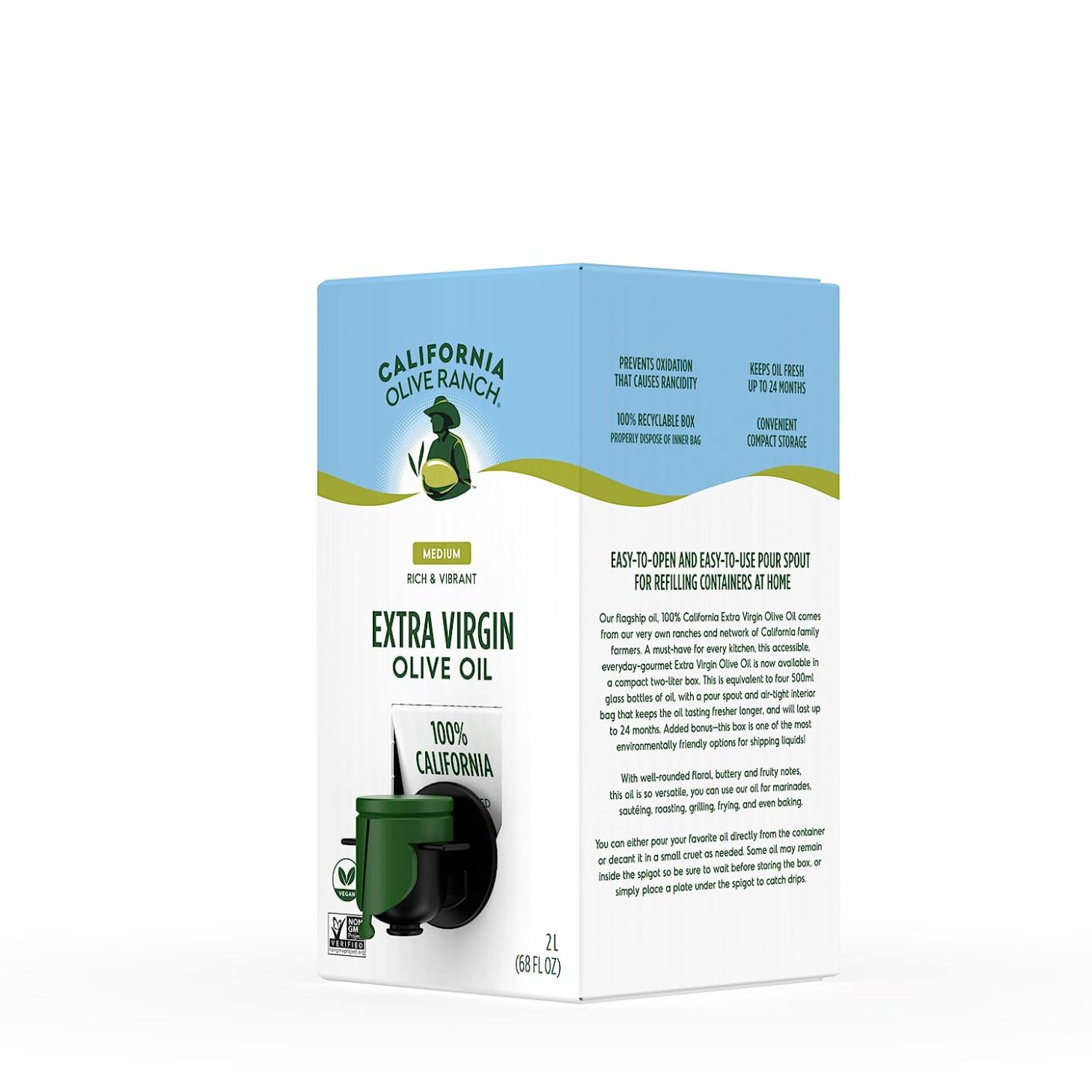
This certified non-GMO olive oil is made in California with high-quality olives. Rich, and slightly floral and fruity, this convenient two-liter bag-in-a-box is our favorite for cooking.
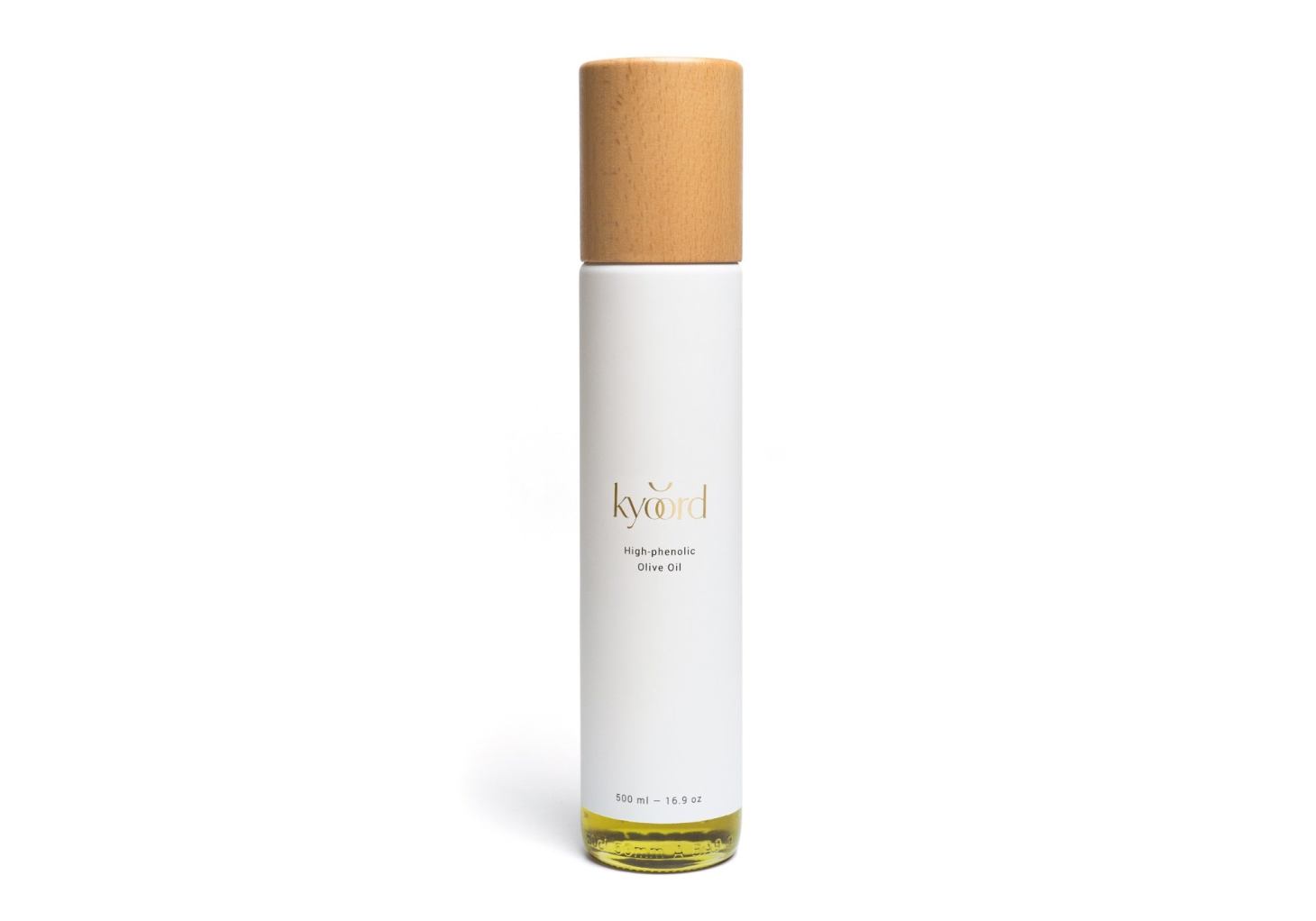
Made in Corfu, Greece, this extra virgin olive oil brings delicious robust flavor with herbaceous, peppery notes to the table—not to mention major polyphenols, like oleocanthal and oleacein, which are key antioxidants that offer anti-inflammatory benefits for longevity. Use it for cooking, baking, drizzling, dipping, and savoring.
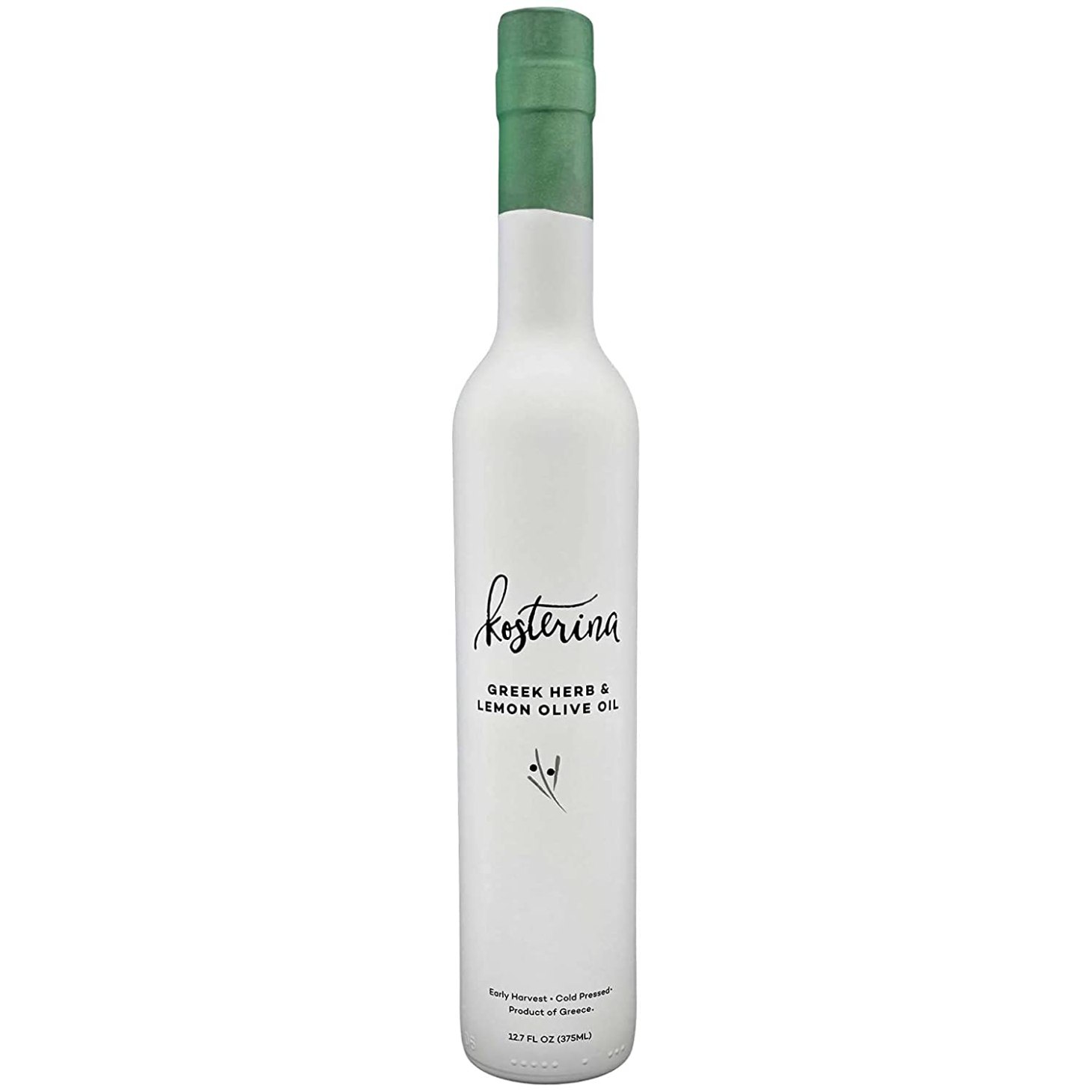
This olive oil is infused with Greek herbs that bring their own longevity-supporting benefits to the table.
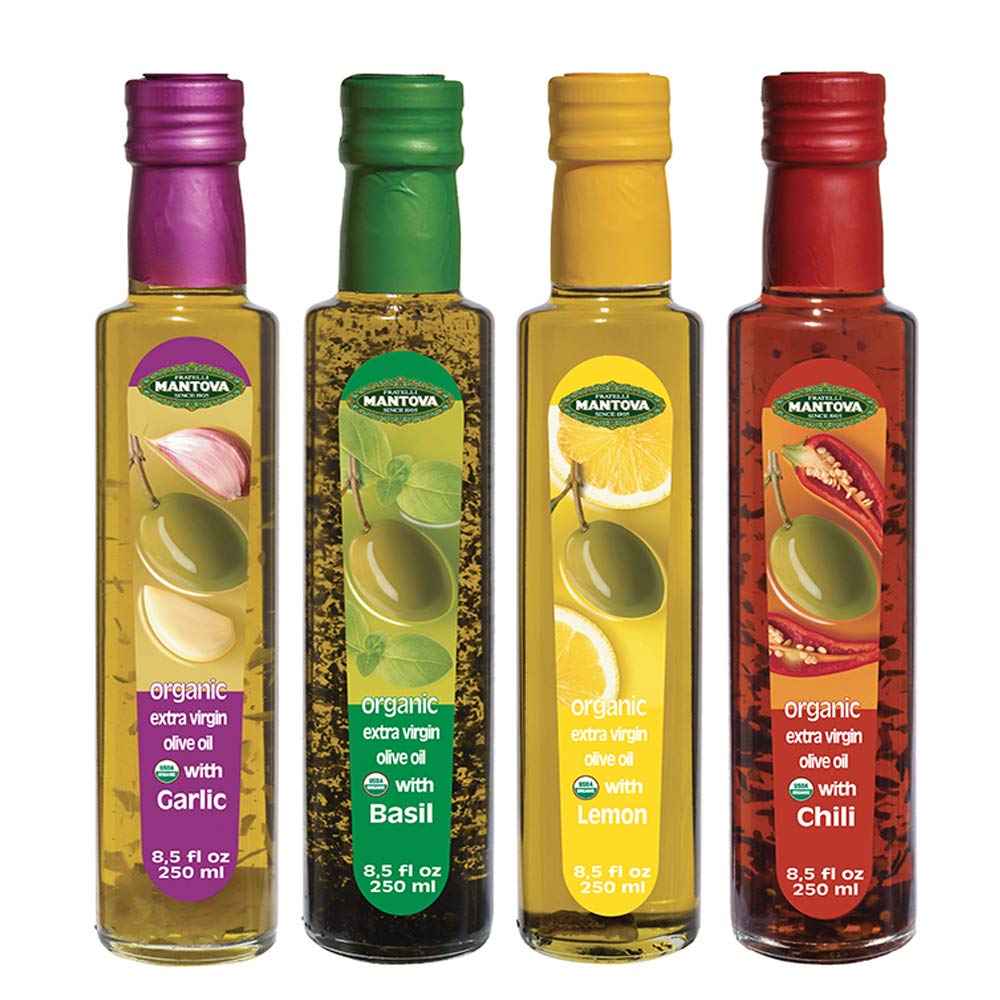
If you love the idea of cooking with infused olive oils, this set will give you some variety. The flavors include garlic, basil, chili, and lemon.
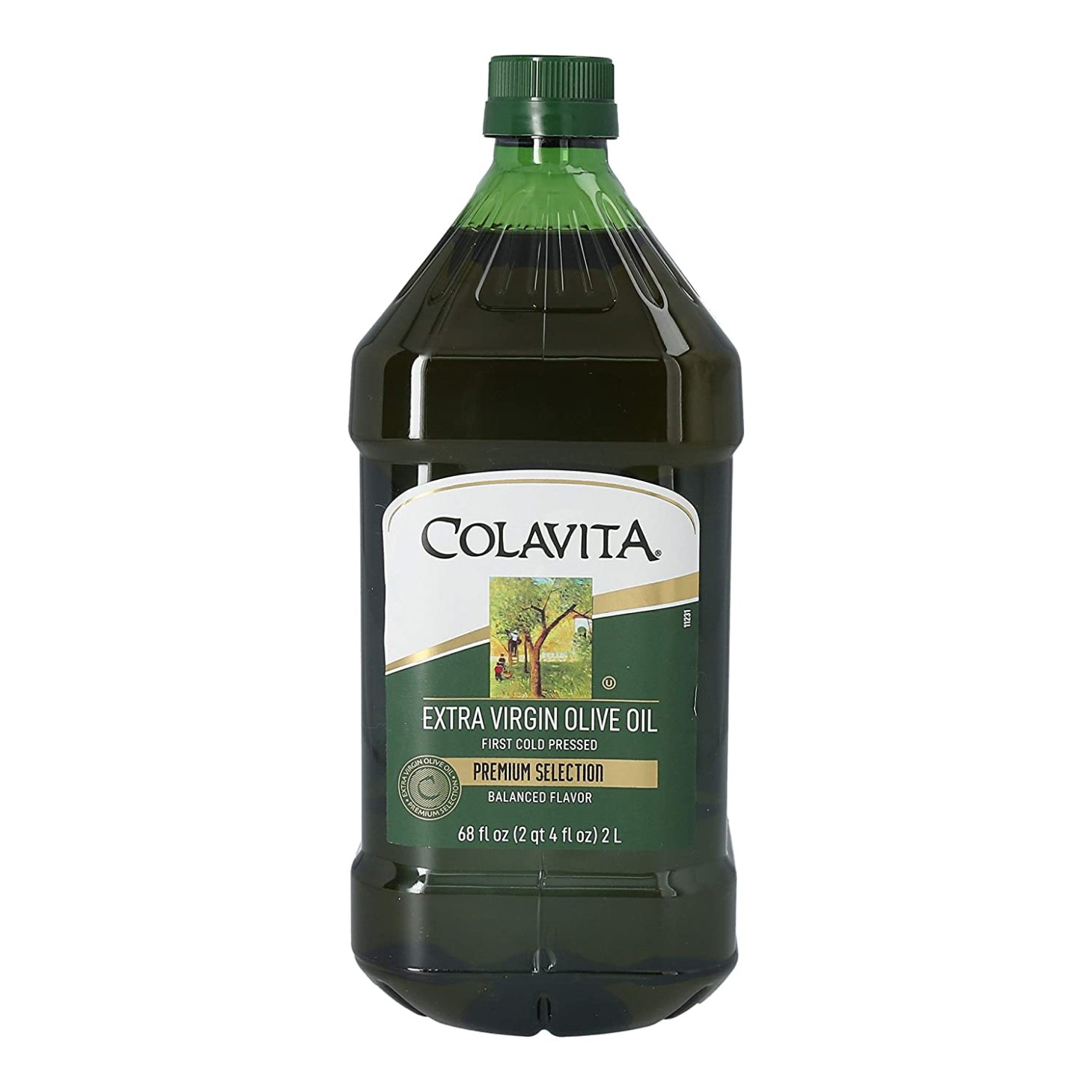
To get the maximum benefits from your olive oil, go for one that’s cold-pressed, like this one from Colavita.
Watch the video below to learn more about the health benefits of olive oil:
- Guasch-Ferré, Marta et al. “Consumption of Olive Oil and Risk of Total and Cause-Specific Mortality Among U.S. Adults.” Journal of the American College of Cardiology vol. 79,2 (2022): 101-112. doi:10.1016/j.jacc.2021.10.041
- Najt, Charles P et al. “Lipid Droplet-Derived Monounsaturated Fatty Acids Traffic via PLIN5 to Allosterically Activate SIRT1.” Molecular cell vol. 77,4 (2020): 810-824.e8. doi:10.1016/j.molcel.2019.12.003
Loading More Posts...